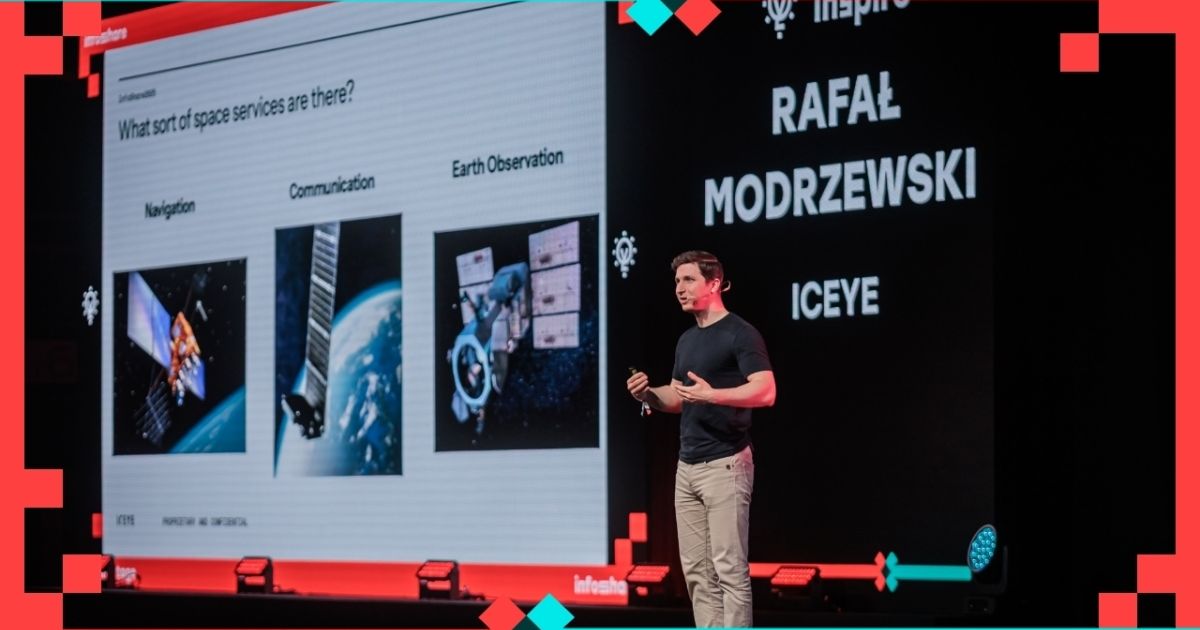VIEW SPEECH SUMMARY
- Space venture funding has increased over 20 times in the past decade.
- Number of satellites launched annually grew from around 10 to approximately 1,000.
- Space technology impacts daily life and national security.
- The war in Ukraine illustrates the military importance of satellites, AI, and drones.
- Space-based data is used commercially in insurance, banking, and hedge funds.
Types of Space Services
- GNSS (GPS) for positioning/navigation, government-operated and free.
- Communication satellites (geostationary and Low Earth orbit) e.g., Starlink.
- Earth Observation satellites that provide imagery used for security and commercial purposes.
Europe’s Position in the Space Race
- Europe is significantly behind the US and China in financing and satellite launches.
- US invests about 10 times more; US has 156 launches vs. 3 in Europe.
- Europe holds very few global “medals” in Earth observation capabilities.
- Delay and underinvestment in European programs like Iris Square affect competitiveness.
- Public procurement in Europe focuses too much on price, not on supporting local technology.
- European space companies often struggle with national identity issues which hinder collaboration.
Challenges and Recommendations
- Lack of sufficient investment and low risk appetite in public procurement.
- Europe lacks bold, large-scale “moonshot” space programs.
- Need to reform procurement to prioritize strategic and innovative capabilities over cost.
- Encourage pan-European cooperation instead of purely national focus.
- Leverage Europe's attractive living and working environment and rich talent pool as competitive advantages.
Actionable Items / Tasks Discussed
- Increase funding and deploy capital more effectively to support space technology.
- Reform public procurement policies to support innovation and national or European champions.
- Launch audacious space programs to catch up with global leaders.
- Foster deeper pan-European collaboration in space and technology sectors.
- Prioritize development and support of European space companies to build a united front.
- Utilize Europe's talent pool by attracting global specialists to work in Europe.
- Raise awareness and education on space capabilities and strategic importance across Europe.
Closing Message
- Europe must act now collectively to strengthen its space capabilities and technological competitiveness.
- Time to "make Europe great again" in the new space race through unity, investment, and strategic focus.
Europe in a new space race
10:30 - 10:50, 27th of May (Tuesday) 2025 / INSPIRE STAGE
Europe is at an important moment in the new race for space. With growing tensions around the world, the space-based technologies have gained undeniable importance. Europe needs to improve its defense and intelligence tools, and also help its space companies to innovate and grow, providing capabilities that Europeans need for their security and global competitive advantage.
Europe needs to increase its independence in communication, Earth observation, and space launch capabilities. Space technology that has both everyday and defense uses can make Europe stronger. As Europe looks to boost its defense, using its intellectual, industrial and economic potential will be vital. Substantial collective investments, as well as national efforts, prove the importance of cooperation at the European level in order to utilize the existing potential and enable new growing companies to innovate and defend the future of Europe. We need to act swiftly and wisely.



